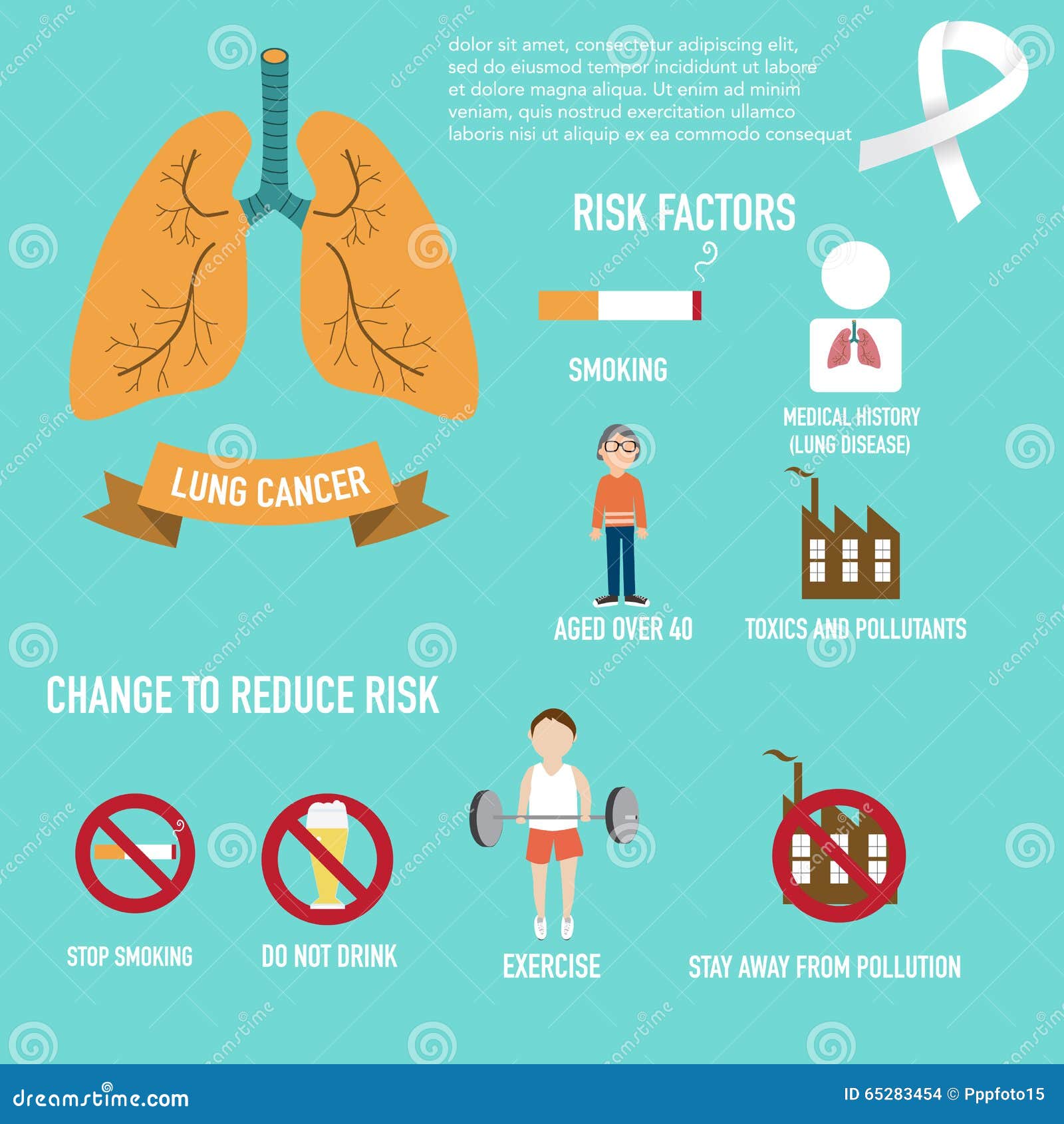
Surgeon General’s Urgent Warning: New Drink Labels to Highlight Cancer Risks Associated with Alcohol
In an unprecedented move, the U.S. Surgeon General has issued an urgent warning about the potentially devastating health consequences of alcohol consumption, particularly regarding the increased risk of developing cancer. To address this critical public health concern, the Surgeon General has mandated that all alcoholic beverages carry new warning labels highlighting the cancer risks associated with their consumption.
The Alarming Cancer Risk Associated with Alcohol
Studies have consistently demonstrated a strong correlation between alcohol intake and an elevated risk of several types of cancer, including oral, esophageal, liver, breast, and colorectal cancer. The primary mechanism by which alcohol contributes to cancer development is through the production of acetaldehyde, a toxic substance that damages DNA and potentially leads to cancer cell formation. Moreover, alcohol consumption impairs the immune system, hindering its ability to recognize and destroy cancer cells.
Details of the New Warning Labels
The Surgeon General’s new warning labels will prominently display the following information:
- “Alcohol Consumption Causes Cancer”
- A list of the specific types of cancer associated with alcohol consumption
- The recommended limits for alcohol intake (one drink per day for women, two drinks per day for men)
- Information on the availability of resources for individuals seeking help with alcohol-related problems
Balancing Perspectives: Industry Reaction and Public Health Concerns
The alcohol industry has expressed concerns about the potential economic impact of the new warning labels, arguing that they may lead to a decrease in alcohol sales. However, public health advocates maintain that the primary focus should be on protecting the public from the health risks associated with alcohol consumption, regardless of potential financial consequences.
Evidence-Based Approach: Research and Real-Life Examples
Numerous scientific studies have established a causal relationship between alcohol consumption and cancer development. For example, a large-scale study published in the journal JAMA Internal Medicine found that individuals who consumed more than two drinks per day had a significantly higher risk of developing esophageal cancer compared to those who abstained from alcohol.
Moreover, countless real-life examples demonstrate the devastating impact of alcohol-related cancer. In 2022, the American Cancer Society estimated that approximately 70,000 new cases of cancer in the United States were attributable to alcohol consumption.
Engaging with Credible Sources: Journal Research and News Articles
Renowned medical journals such as The Lancet and The New England Journal of Medicine have consistently published research highlighting the link between alcohol consumption and cancer. Additionally, reputable news outlets, including The New York Times and The Washington Post, have reported extensively on the Surgeon General’s urgent warning and the potential implications for public health.
Conclusion: The Need for Urgent Action
The Surgeon General’s urgent warning is a stark reminder of the serious health risks associated with alcohol consumption, particularly in relation to cancer development. The new warning labels on alcoholic beverages serve as a vital step towards informing the public about these risks and promoting responsible drinking habits. While the alcohol industry may have concerns about financial consequences, the paramount consideration must be the health and well-being of our communities.
As individuals, we must take responsibility for our alcohol consumption and make informed choices about the risks and benefits involved. Healthcare professionals, policymakers, and public health organizations have a vital role to play in educating the public about the dangers of alcohol-related cancer and providing support for those struggling with alcohol use disorder.
By working together, we can create a society where alcohol consumption is approached with caution and the devastating consequences of alcohol-related cancer are minimized.



